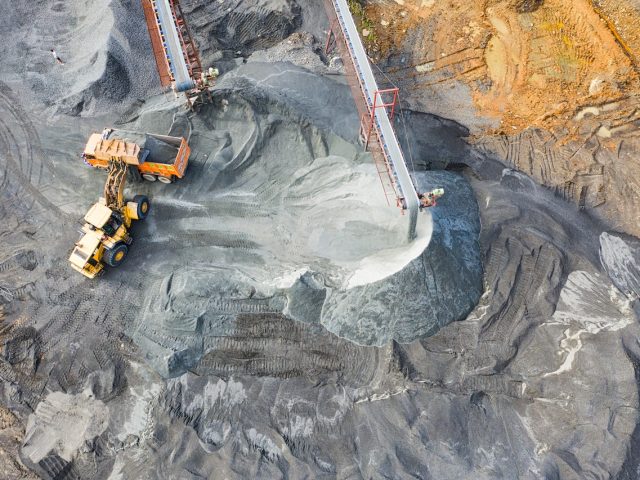
Understanding WSIB: Occupational Diseases (Part 2)
Welcome back to our series on understanding workers’ compensation claims in Ontario. This is Part 2 of our look at Occupational Disease claims; in Part 1 we discussed what occupational diseases are most common in Ontario and what industries tend to be most dangerous for workers.
Some of the most well-established occupational illnesses are specified in Ontario’s workplace health and safety laws, within Schedules 3 and 4.
Why are the Scheduled Diseases Important?
Schedules 3 and 4 lay out various diseases/conditions and types of workplaces that essentially have some degree of “pre-approval” for WSIB coverage. They reflect occupational diseases where there is conclusive or well-established evidence that they are caused by particular workplaces.
Schedule 3: Lists 31 illnesses/diseases and corresponding types of tasks or processes. If you can prove you have the illness and that you worked in the corresponding process, then WSIB will pay you benefits unless they can prove that the disease wasn’t caused by the job or that other factors were responsible.
Some of the diseases in Schedule 3 are related to substances such as arsenic, mercury, lead and phosphorus (among many others); biological agents such as anthrax and tuberculosis; exposure to radioactive substances; and many others. The diseases include cancers, asthma, silicosis, Parkinson’s disease, photo keratoconjunctivitis, decompression sickness, and others. Please consult Schedule 3 for detailed information.
Schedule 4: Lists 4 diseases and corresponding job tasks or processes. If you have one of these diseases and worked in the corresponding workplace or process, then it is automatically assumed (“deemed”) that the work caused the diseases, and you will be entitled to WSIB benefits.
The diseases in Schedule 4 are related to asbestos exposure in various industries and processes involved in nickel mining.
What If My Disease Isn’t in Schedule 3 or 4?
Not all diseases are found in Schedule 3 or 4. For those diseases, WSIB will either use an internal policy or guideline to assess your claim, or make a decision based on the facts and evidence of your case.
As with any WSIB claim, working with an experienced workers compensation lawyer is very helpful, and we would be happy to meet with you for a free, no-obligation consultation. We invite you to get in touch today.
__________________
See our previous posts in this series here:
Understanding WSIB: What Types of Injury or Illness Can I Claim For?
Understanding WSIB: Accidents
Understanding WSIB: Disablements
Understanding WSIB: Psychological Conditions
Understanding WSIB: Occupational Diseases Part 1
